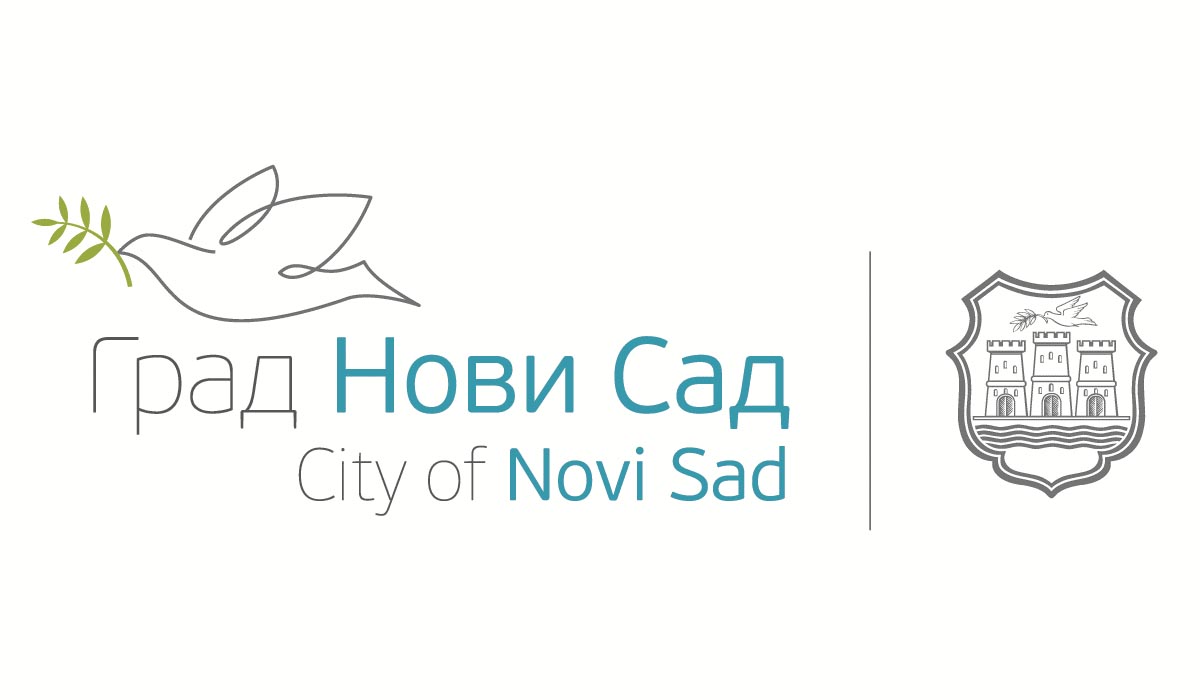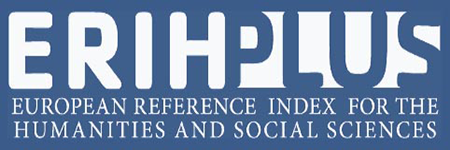ROMAN MONUMENTAL-EPIGRAPHIC PRACTICE: ANTHROPOLOGICAL APPROACH
DOI:
https://doi.org/10.19090/i.2012.23.33-50Keywords:
the Roman period, monumental-epigraphic cultures, Roman provincial archeology, RomanizationAbstract
Drawing on the recent reevaluations of the monumental-epigraphic practice, the aim of the paper is to emphasize diverse and multilayered meanings and uses of this particular social phenomenon. Instead of treating inscribed monuments as a monolithic cultural form, the author tries to argue the possibilities of more narrowly defined approaches that take into account time-, space- and social contexts. The usage of epigraphic monuments was dependent on diverse social settings and strategies that were utilized by various individuals and social groups in different and specific ways. This circumstance points to the existence of a number of particular monumental-epigraphic cultures, which are suited for the researches of the separate parts of the roman society. Therefore, epigraphic monuments can’t be used as an index of Romanization in the provinces either, since they were not the outcome of one strictly defined “roman culture” that was linked only to the “most Romanized” sections of the population. Whereas the spread of the Roman Empire was not the process of a simple one-direction acculturation, but the constant adaptation, re-contextualization, refusal or adoption of various social ideas, practices, and objects, inscribed monuments could have been subjected to the range of peculiar usages that had nothing to do with the notion of “becoming Roman”.Downloads
Download data is not yet available.
Downloads
How to Cite
Mihajlović, V. D. (2012). ROMAN MONUMENTAL-EPIGRAPHIC PRACTICE: ANTHROPOLOGICAL APPROACH. ISTRAŽIVANJA, Јournal of Historical Researches, 23(23), 33–50. https://doi.org/10.19090/i.2012.23.33-50
Issue
Section
Articles













